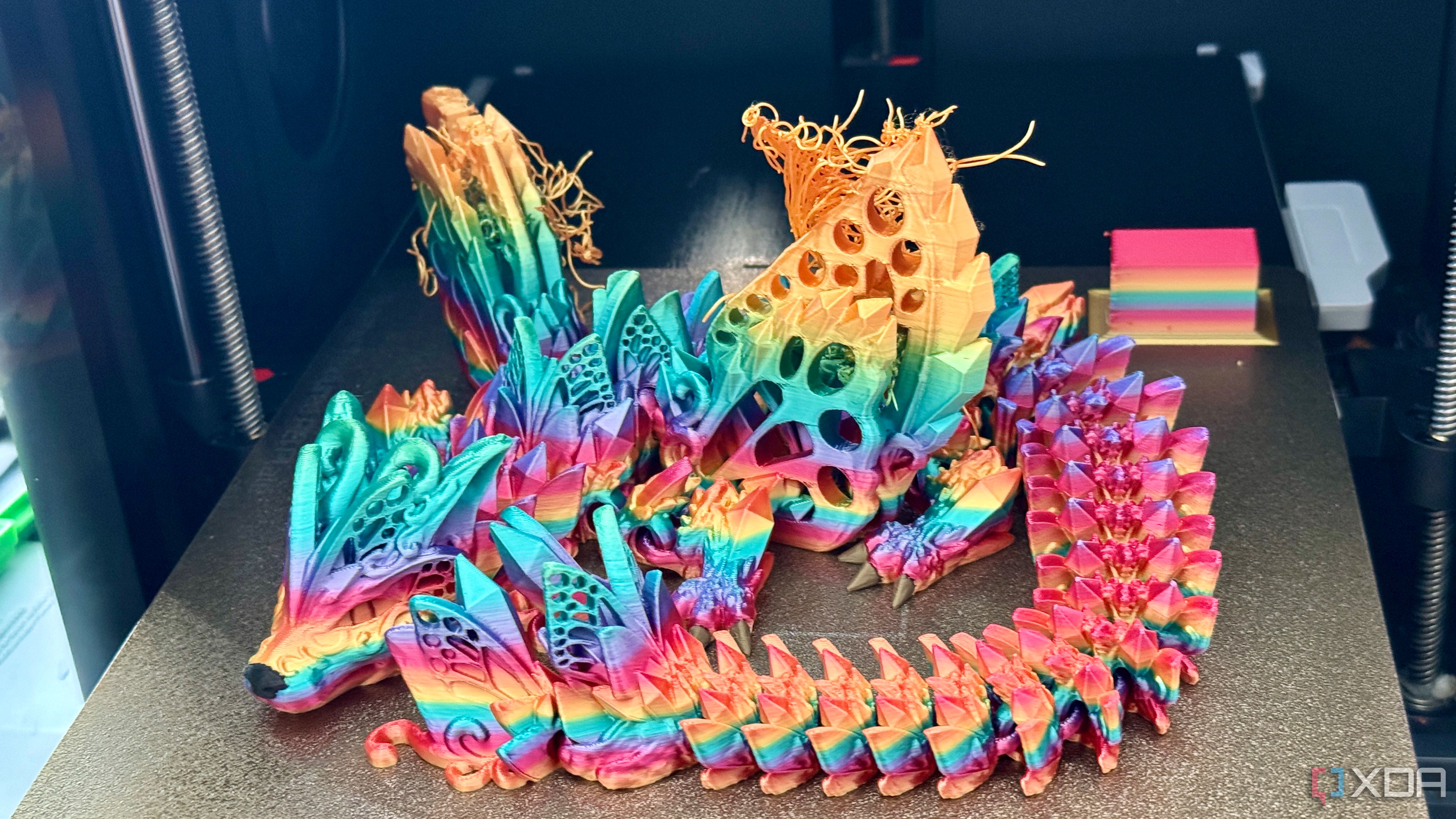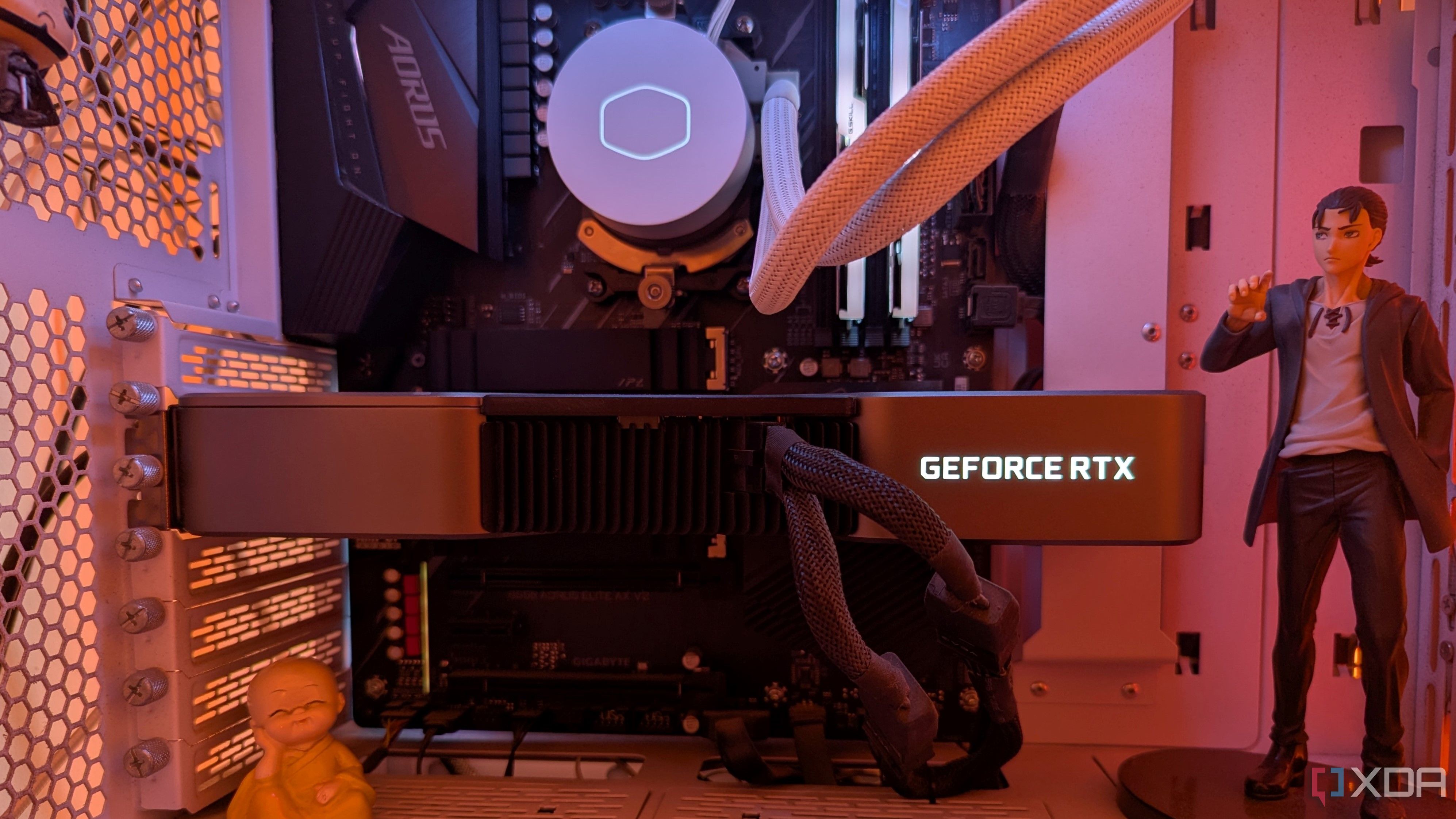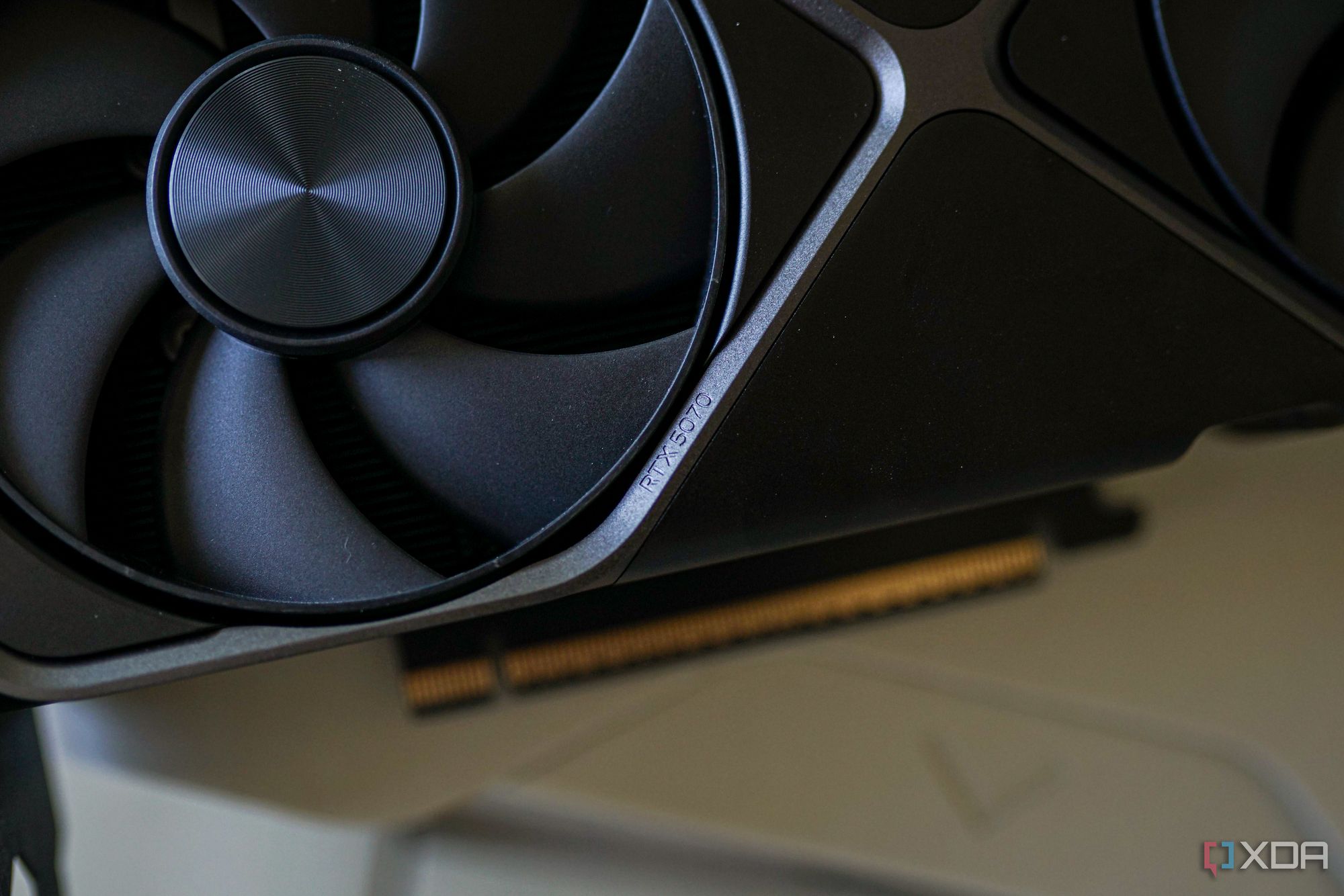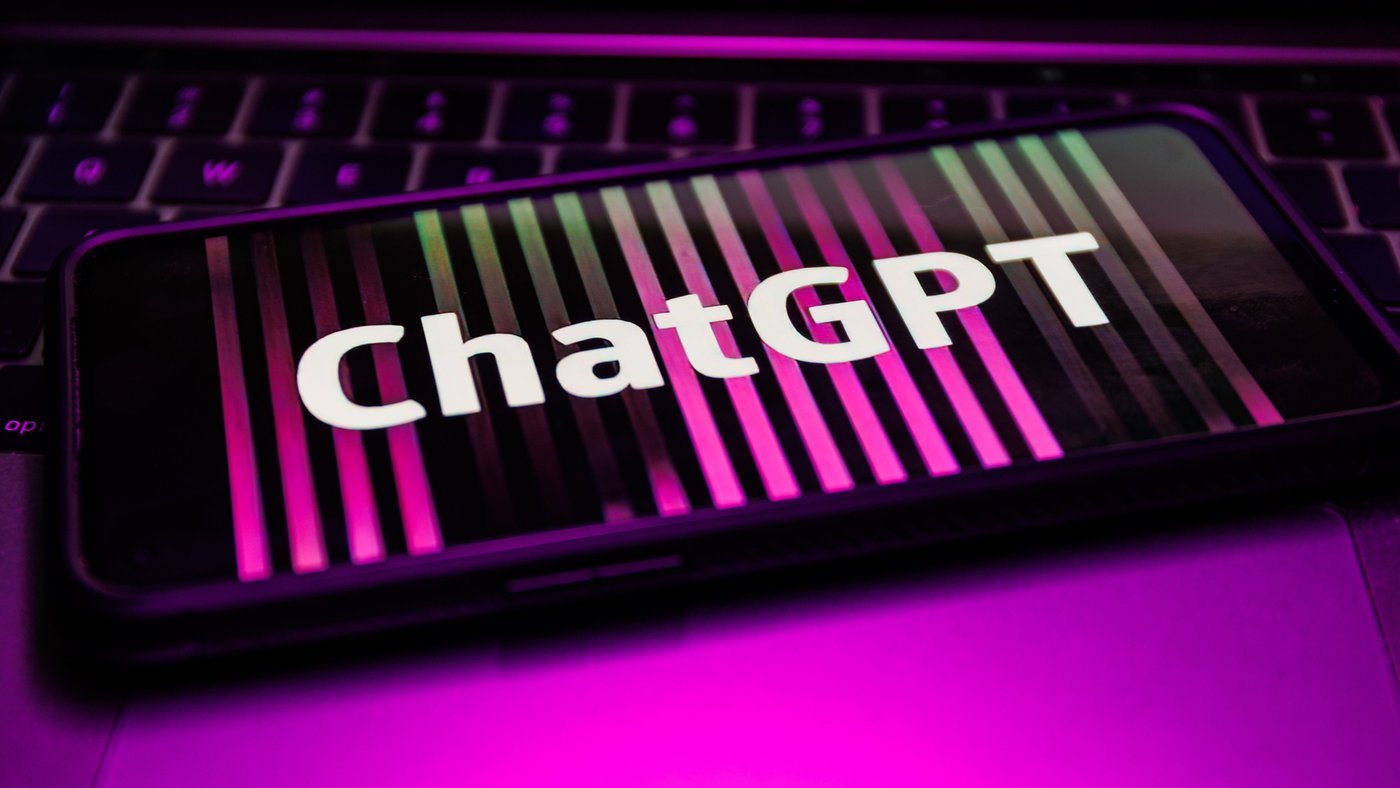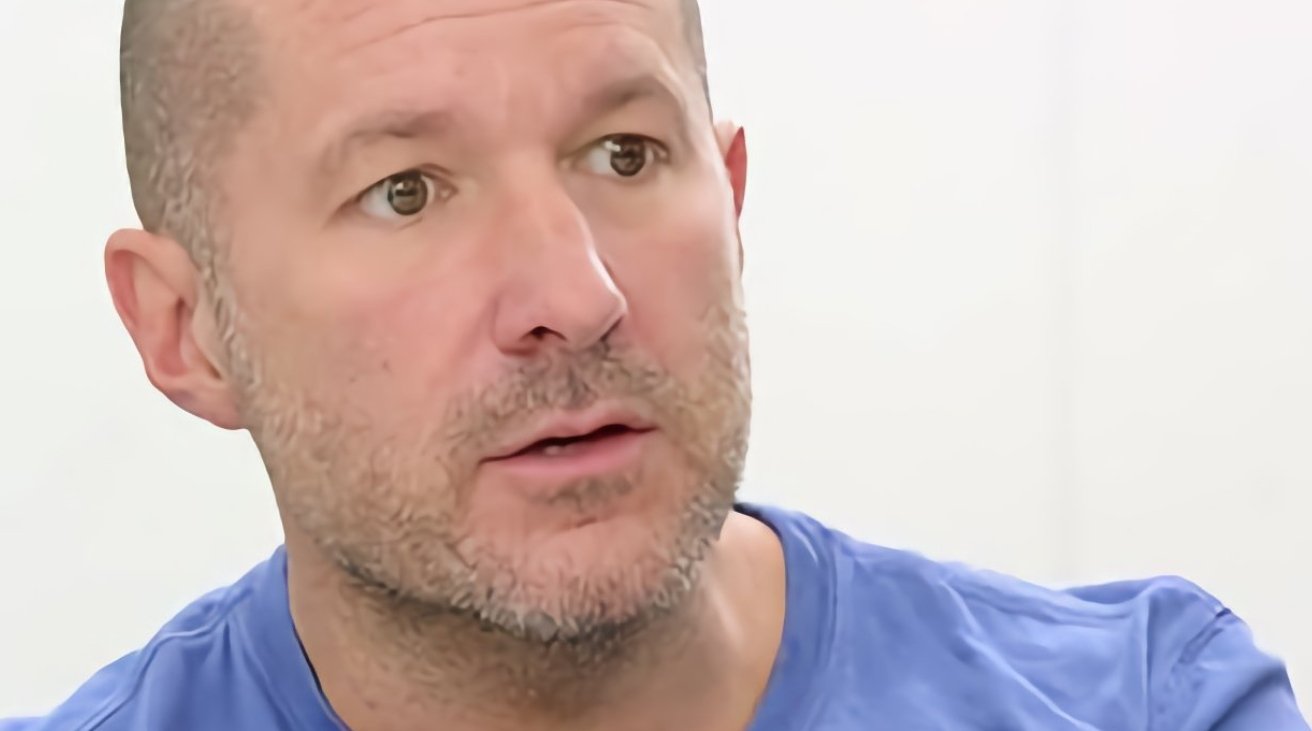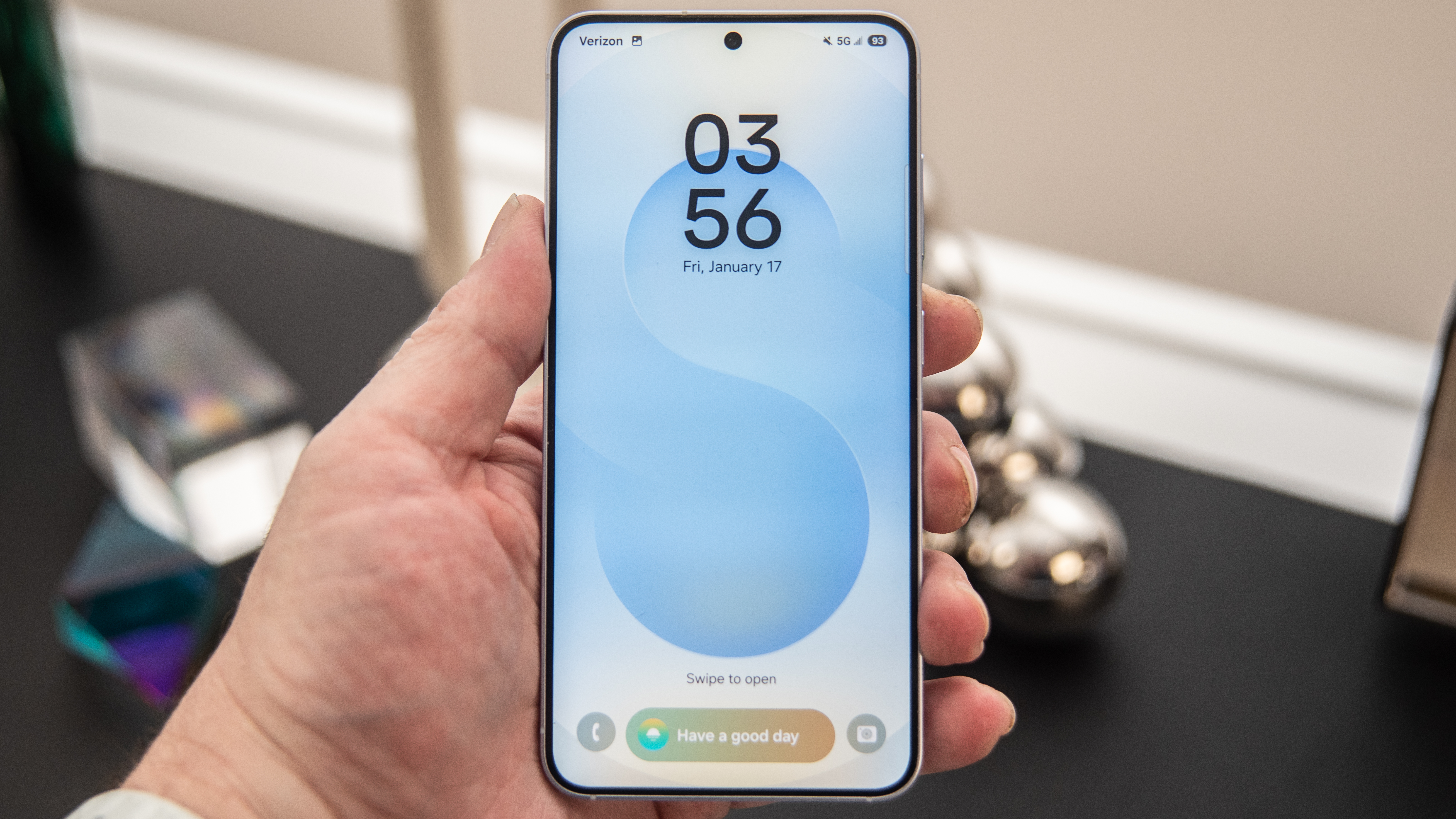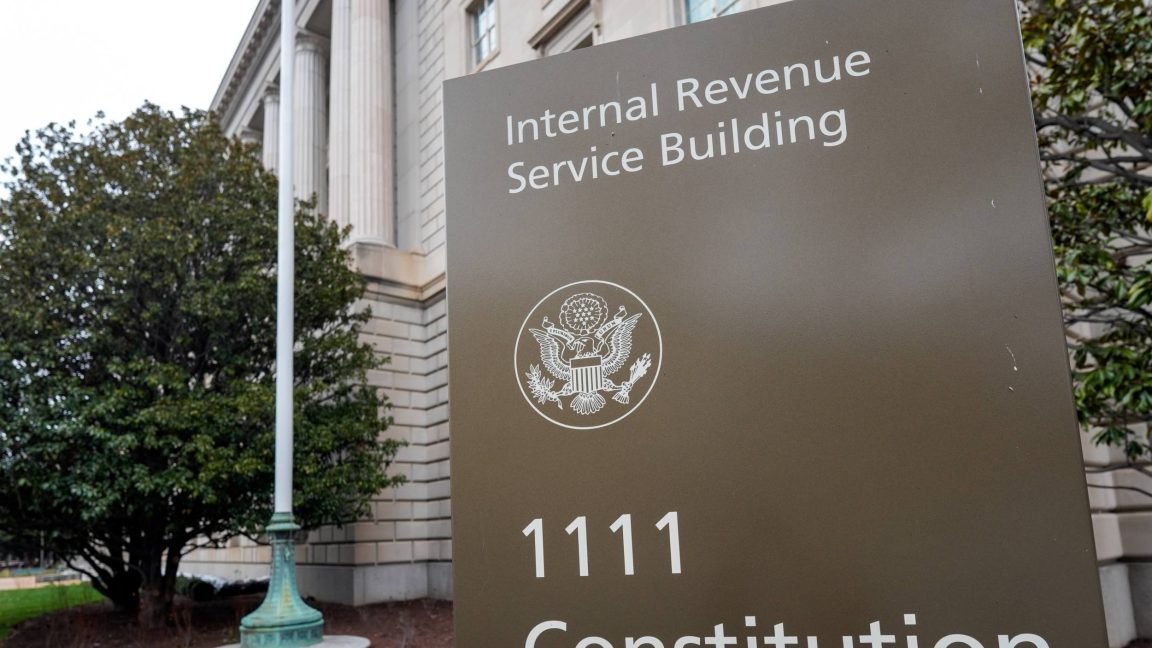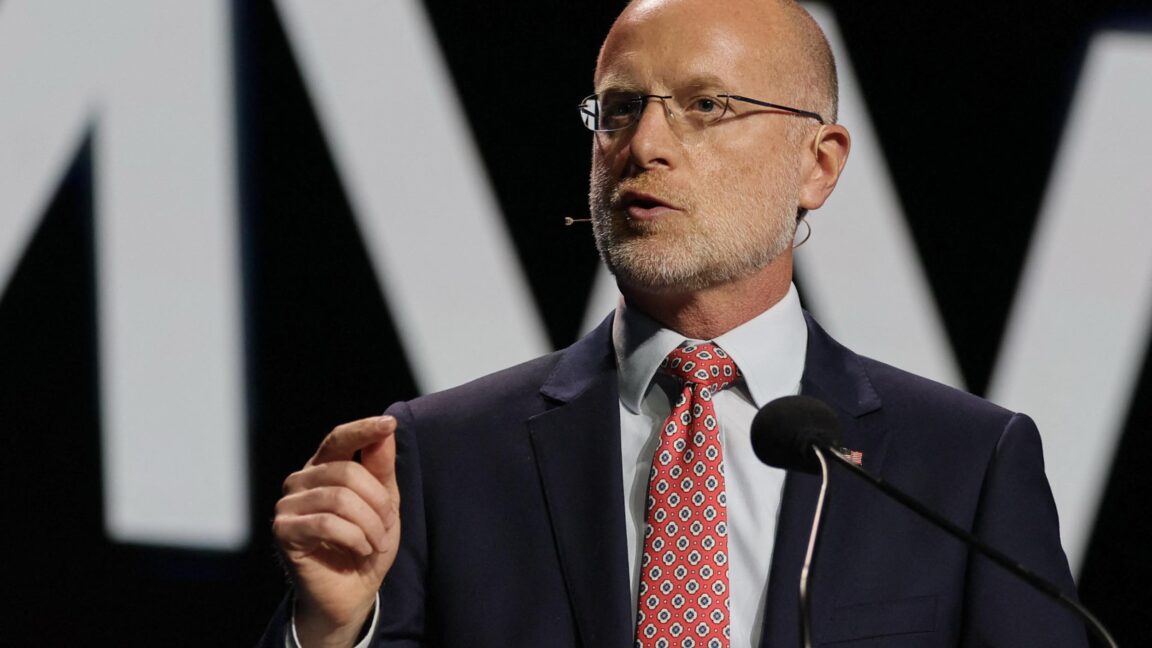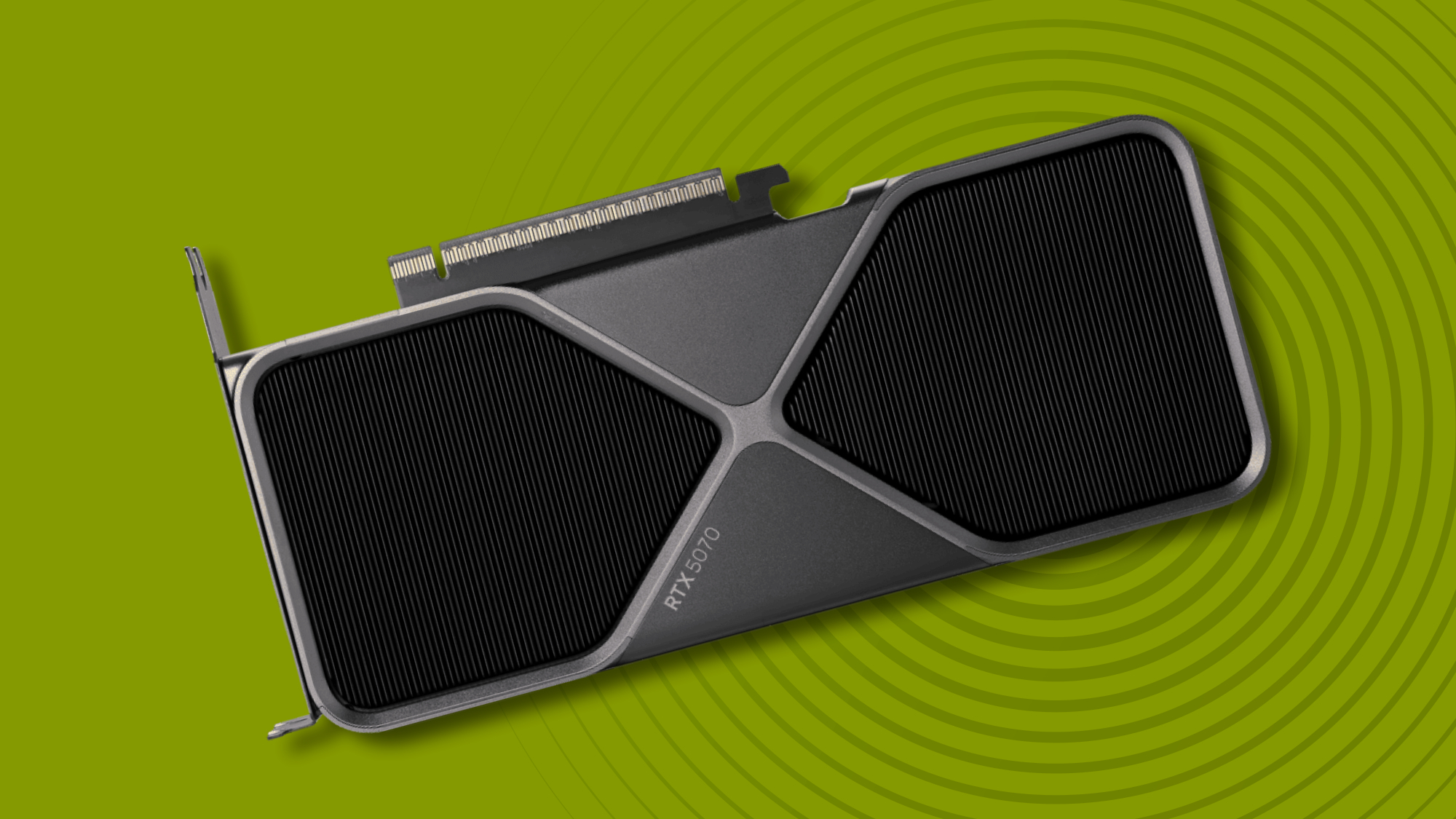America's NIH Scientists Have a Cancer Breakthrough. Layoffs are Delaying It.
Scientists "demonstrated a promising step toward using a person's own immune cells to fight gastrointestinal cancers" at America's National Institutes of Health (or NIH), reports the Washington Post. But the results were published in Nature Medicine on Tuesday — "the same day the agency was hit with devastating layoffs..." The treatment approach is still early in its development; the personalized immunotherapy regimen shrank tumors in only about a quarter of the patients with colon, rectal and other GI cancers enrolled in a clinical trial. But a researcher who was not involved in the study called the results "remarkable" because they highlight a path to a frustratingly elusive goal in medicine — harnessing a person's own immune defenses to target common solid tumor cancers. Until now, cell-based immunotherapy has worked mainly on blood cancers, such as leukemia, but not the solid cancers that seed tumors in the breast, brain, lungs, pancreas and GI tract... But the progress arrives at a sad time for science — and for patients, said the leader of the work, NIH immunotherapy pioneer Steven Rosenberg. Two patients' treatments using the experimental therapy had to be delayed because NIH's capacity to make personalized cell therapies has been slowed by the firing of highly skilled staff and by purchasing slowdowns. Those occurred even before major layoffs took place Tuesday... The Department of Health and Human Services (HHS) responded to an email asking about clinical trial delays with a statement: "NIH and HHS are complying with President Trump's executive order." It's "a very exciting study," said Patrick Hwu, president of the Moffitt Cancer Center in Tampa. Finding ways to tailor this cell-based immunotherapy approach to common solid tumors that cause the vast majority of cancer deaths has remained a major scientific challenge... Rosenberg and colleagues first tried to create tumor infiltrating lymphocytes [or "TILs"] using the method that worked in melanoma for 18 patients with GI cancers that had spread. It failed completely. In a second iteration, his team sequenced the mutations present in each patient's tumor and used that information to sift out and expand the TILs that could home in on that patient's specific tumor cells. The results were far from a triumph, but provided a clue — this time, three of 39 patients' tumors shrank. In the last stage of the trial, the scientists added a drug called pembrolizumab that takes the brakes off immune cells. This time, eight of the 34 patients responded. "Right now, only a few labs in the country can do what they just did," Hwu said. While Rosenberg is already working "to refine and improve upon the results," he told the Post that two scientists involved in the specialized process of preparing the cells to treat patients were fired in the probationary purge. "We've had to slow down our work and delay the treatment of some patients...." And there's also dramatically fewer people now who can purchase research materials, which the Post says it "making it slower and more difficult to obtain supplies." Read more of this story at Slashdot.

Read more of this story at Slashdot.








![Gemini can be the biggest AI platform so long as Google integrates it in more areas [Video]](https://i0.wp.com/9to5google.com/wp-content/uploads/sites/4/2025/03/Gemini-Live-with-Im-in-my-Gemini-era-sticker.jpg?resize=1200%2C628&quality=82&strip=all&ssl=1)




